Product introduction
Kadcyla Injection is a medicine used to treat a certain type of cancer called HER2-positive metastatic breast cancer. It specifically targets the HER2 protein in cancer cells. This slows tumor growth and reduces tumor size with minimum effects on healthy cells.
Kadcyla Injection is administered through an intravenous (IV) infusion under the supervision of a doctor or a nurse, typically in a clinic or hospital setting. It is given once every three weeks, and each infusion session may take around 30–90 minutes, depending on individual treatment needs. Attend all scheduled infusion sessions to maintain consistent drug levels for maximum benefits.
Common side effects of Kadcyla Injection include fatigue, nausea, vomiting, headache, constipation, mild liver enzyme changes, and muscle or joint pain. If you experience nausea, try eating small, frequent meals and avoid heavy or greasy foods. Fatigue can be managed by resting when needed and pacing activities. Let your doctor know if any of these side effects persist or worsen. They may be able to help ways to reduce or prevent the side effects.
Before receiving this medicine, inform your doctor if you have a history of liver or heart issues, as this medication can affect these organs. This treatment is not recommended for pregnant women, as it may harm the unborn baby; women of childbearing age should use effective contraception during treatment and for several months after. Additionally, avoid breastfeeding during and after treatment, as the drug may pass into breast milk.
Uses of Kadcyla Injection
- Multiple sclerosis (MS)
- Treatment of Metastatic breast cancer
- Psoriasis
Benefits of Kadcyla Injection
In Treatment of Metastatic breast cancer
Side effects of Kadcyla Injection
Common side effects of Kadcyla
- Nausea
- Diarrhea
- Headache
- Vomiting
- Constipation
- Dryness in mouth
- Abdominal pain
- Fatigue
- Fever
- Weakness
- Urinary tract infection
- Low blood platelets
- Anemia (low number of red blood cells)
- Insomnia (difficulty in sleeping)
- Peripheral neuropathy (tingling and numbness of feet and hand)
- Hemorrhage
- Nosebleeds
- Cough
- Breathlessness
- Stomatitis (Inflammation of the mouth)
- Increased transaminase level in blood
- Musculoskeletal (bone, muscle or joint) pain
- Joint pain
- Muscle pain

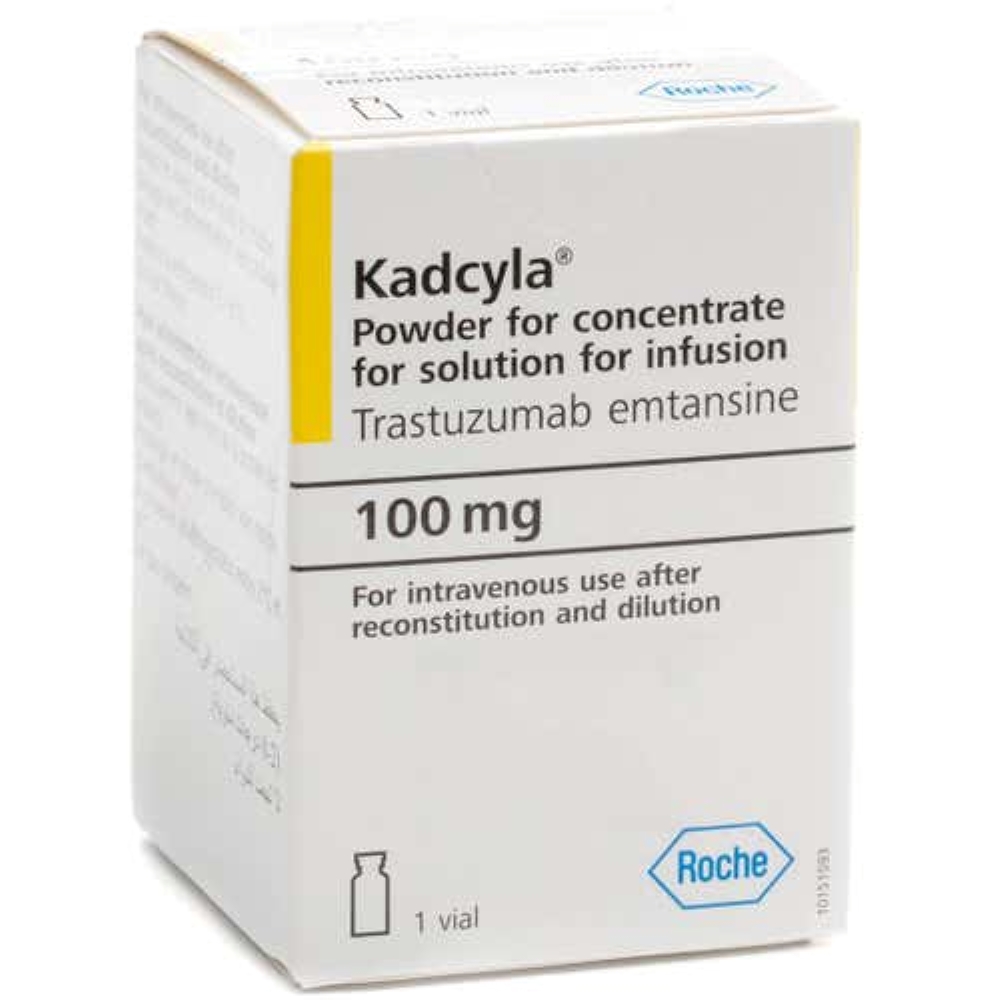
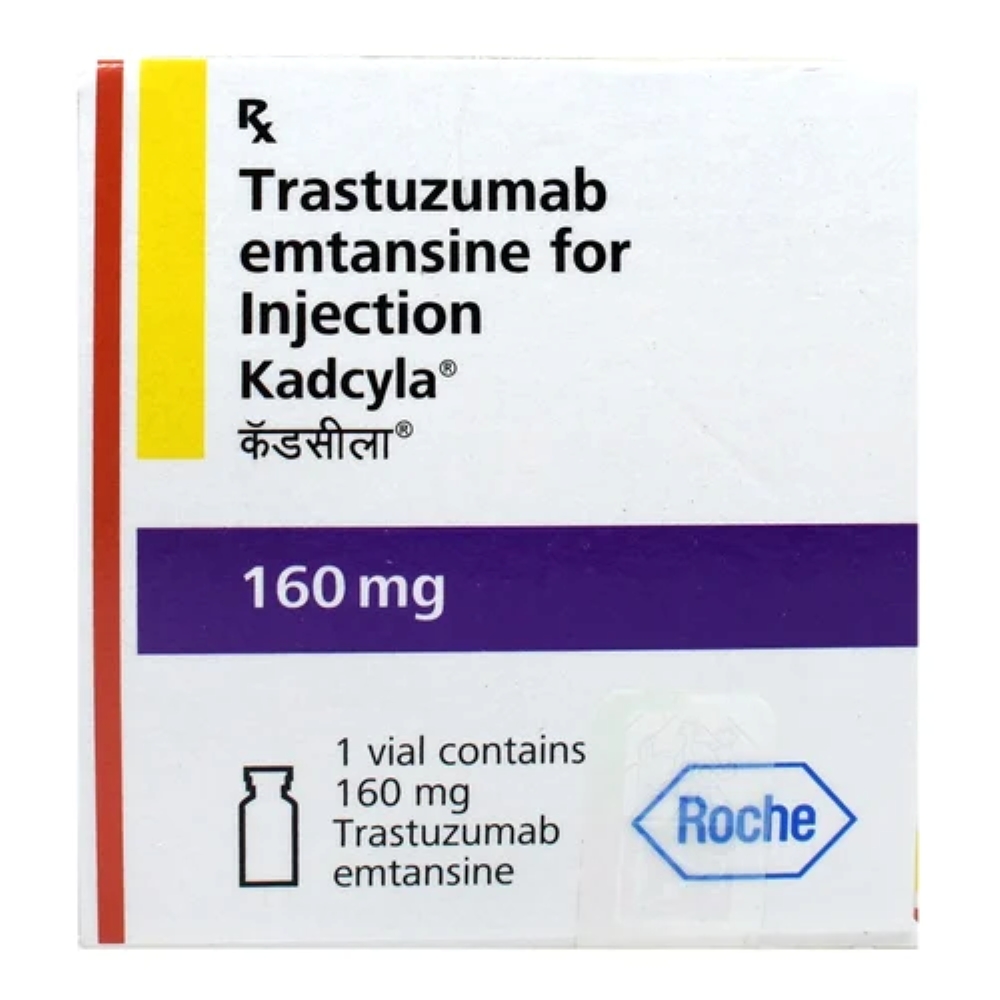
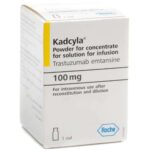
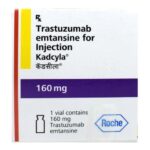
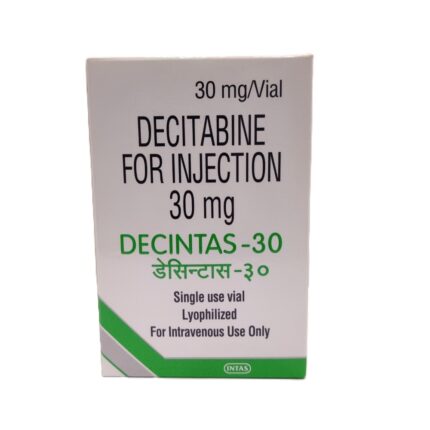


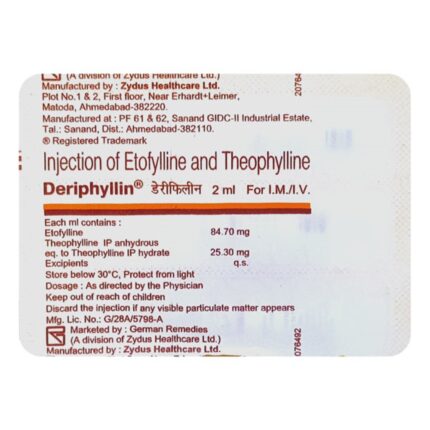


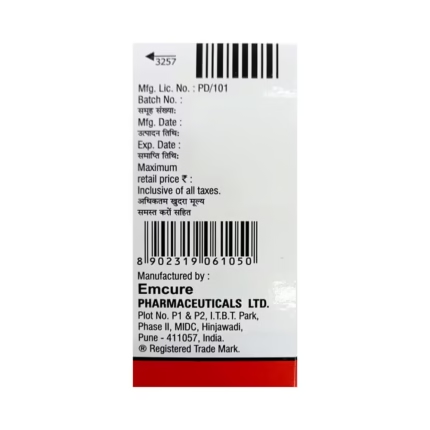



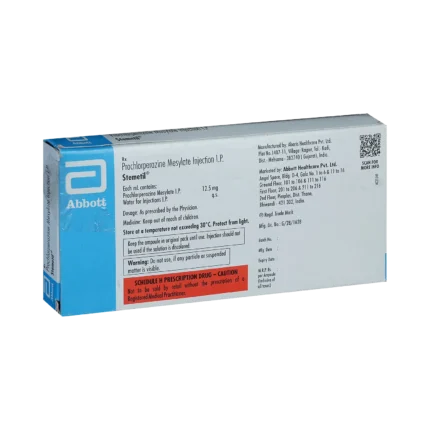







Reviews
There are no reviews yet.